Disability Insurance Cover




Simran is an insurance expert with more than 4 years of experience in the industry. An expert with previous experience in BFSI, Ed-tech, and insurance, she proactively helps her readers stay on par with all the latest Insurance industry developments.
Reviewed By:

Raj Kumar has more than a decade of experience in driving product knowledge and sales in the health insurance sector. His data-focused approach towards business planning, manpower management, and strategic decision-making has elevated insurance awareness within and beyond our organisation.
Updated on Jul 09, 2025 4 min read
Disability Insurance Cover
Disability insurance is a type of insurance that protects the beneficiary against the risk of disability which can create an obstruction in his core activities as well as income. This insurance is considered to cover your wages which you may have lost as you could not keep up your job.
When you face any accident during your work life, health insurance is there to look after your medical expenses and the disability insurance ensures that stream of income which you have lost due to that mishap.
We often like to insure our possessions and our health for the fear of losing our valuable assets and paying out huge medical bills. While insuring your vehicles, home, general health business, and even intellectual data (Cyber Insurance) is a good practice, we should take into consideration one more important aspect of being insured, and that is having a disability insurance policy.
Everything we possess comes from our ability to work. Not being able to work and earn wreaks havoc on our lives. Ceasing the income that we bring home also impacts the people who depend on us for money and necessities. This is where disability cover insurance comes into the picture.
What is Disability Insurance?
Disability insurance, simply put, covers you financially if you become disabled due to an illness or an accident. Since a disability directly affects your work and ceases you from earning, a disability insurance policy substitutes your monthly salary so that everything else remains the same post your condition. Disability insurance also covers the cost of your therapies, medicines, physical examinations, and much more given the type of policy that you buy.
Different Types Of Disability Insurance Cover
There are broadly two types of disability insurance: Long term disability (LTD) policy and Short Term Disability (STD) policy.
1 Short Term Disability Policy
The short term policies have the maximum waiting period up to 14 days. The benefit period, in this case, will be no more than 2 years. For this policy, you will continue obtaining the benefits until you have recovered or you have exceeded your maximum coverage amount. The claims that are settled through the short term disability policy are:
- Child Birth
- Disabling Injury
- Lengthy Illness
2 Long Term Disability Policy
For the long term disability insurance, you may have to wait for many weeks or many months for obtaining the maximum benefit. The benefit period may range from several years or throughout the rest of your life. This policy generally covers critical illness and the injuries that put a stop to your occupation. Childbirth is not included in this policy. The common claims for the long term disability can be listed as follows:
- Poisoning/ injuries
- Mental disorder
- Cancer
- Connective Tissue Disorders
- Cardiovascular disorders
Essential Features of The Disability Policy
-
Guaranteed Renewable
This feature provides you with the right for renewing your policy along with the same benefits and do not let the company cancel them. But your insurer has the right to increase the premium rates if you belong to the same class where the entire premium is being increased for all the other policyholders.
-
Non-Cancellable
The policy does not provide the right to the insurer for canceling it, except the policyholder is not paying the premiums. The policy can thus be renewed year after year without reducing its benefits.
While purchasing the policy, you need to look for several features like:
-
Cost Of Living Adjustments (COLA)
Depending on your increased cost of living, the COLA must be increasing your benefits from a disability also which is generally measured by the Consumer Price Index. If you opt for this particular feature, you may have to count more premiums.
-
Return Of Premium
This feature helps in providing the refund of a part of your premium amount if no claims are made within the specific period mentioned in the policy.
-
Additional Options For Purchase
If this feature is available, you can buy additional insurance in a future date.
-
Partial Disability Rider
This option allows you, for a part-time job so that you can accumulate part of your salary and receive the partial payment from the disability insurance if you remain partially disabled.
-
Coordination Of Benefits
The number of benefits that you receive from the insurance company will depend on your disability. You may combine all your policies and a target amount may be specified by the disability policy so that the policy can make up for the other policies.
How Does Disability Insurance Work?
A disability insurance policy substitutes the income that you used to get. It pays a portion of your salary as a monthly benefit amount, usually 60 to 80 percent depending on the policy you buy if you undergo partial disability. In case of total permanent disability, if you are covered under permanent disability insurance then the insurer will pay you a lump sum amount. If you become partially incapacitated and are able to work part-time which decreases your income as compared to earlier then disability insurance can fill the gap by paying monthly payments.
How To Buy Disability Insurance
Your employer can be offering both the long term and the short term disability insurance within your benefits packages. Some of the employers may pay the entire premium on their own and some of them may provide a partial premium from their employees and partial on their own. The employers may provide up to a certain coverage limit. In case the employees require more, they will have to upgrade the coverage amount by making some additional payment. You must be aware of the employer-provided plans as they generally provide 60 to 70 percent of your income when you face any disability. Besides, the commission and the bonuses are not included within the disability compensation. When you leave a particular company, your policy may be canceled.
Disability Insurance is Right For You?
This can be very tricky when you are choosing disability insurance. As it is very difficult to predict whether you are going to face an injury or illness, it is also tough to understand how long it can keep you out of your work. So it is very difficult to choose the right one depending on the hypothetical situations. The premiums for the short term disability insurance are much cheaper than the long term ones. The payout and the coverage of the short term policy also do not last long. If you are facing a serious illness and battling for around 3 years, you will almost drain up all your finances. For protecting yourselves from these situations, you may opt for the long term policies. The best choice for the policyholders will be the right combination of both the short term and the long term policy.
Irrespective of your age, the injury and illness can take you through huge financial challenges. Even a disability for a short term can provide you with serious financial strain. So, to face the unknown, you must be ready with a backup plan with both the short term and the long term disability coverage.
Consult for Personalized Insurance Advice

But how does it work?
Schedule a call with India’s number 1 trusted advisor with a 4.5+ rating on Google. We are not your average insurance agents. Our advisors are experts in their insurance knowledge and will give you the right information at the right time. The service is free of cost! Don’t worry, we won’t spam as we value your time.
Health Insurer Network Hospitals
Disability Insurance Work: FAQs
1. Do I need disability insurance?
If you have a job that exposes you to risky practices or an ailment that can lead to a total or partial disability then you must buy disability insurance.
2. I am already disabled. Can I buy a disability insurance policy now?
No, if you have a partial or total disability then you cannot purchase a disability insurance policy.
3. How much coverage should I have for disability insurance?
Your disability cover should pay you somewhere between 60 to 80% of your income on a monthly basis.
4. I am not happy with my disability coverage. Can I buy a new one?
Yes, if you are not satisfied with the coverage or terms of your current disability plan then you can buy a new one to get better coverage.
5. How to know my disability insurance premium?
The premiums of a disability plan depend on your age, occupation, and the type of risk you are exposed to at work. If your working environment is not risky your premiums will be low and if you work in extremely dangerous situations then your premiums will be high.
Health Insurance Companies
Know More About Health Insurance Companies
Share your Valuable Feedback
4.4
Rated by 2635 customers
Was the Information Helpful?
Select Your Rating
We would like to hear from you
Let us know about your experience or any feedback that might help us serve you better in future.


Written By: Simran Kaur Vij
Simran is an insurance expert with more than 4 years of experience in the industry. An expert with previous experience in BFSI, Ed-tech, and insurance, she proactively helps her readers stay on par with all the latest Insurance industry developments.




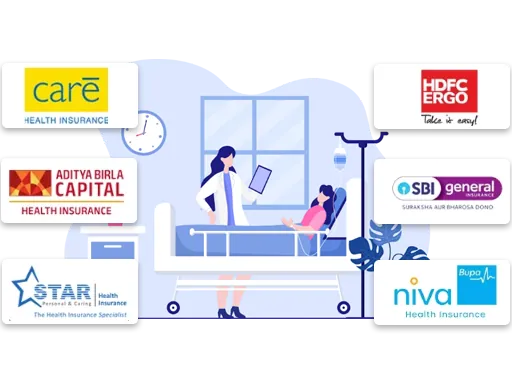

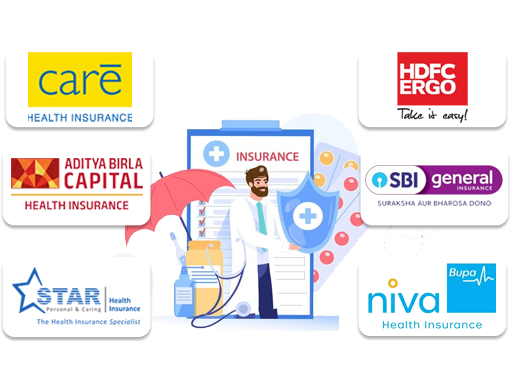



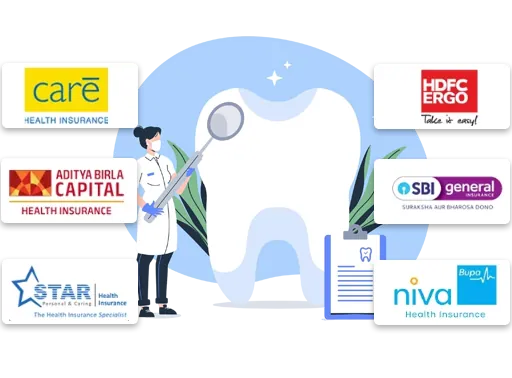



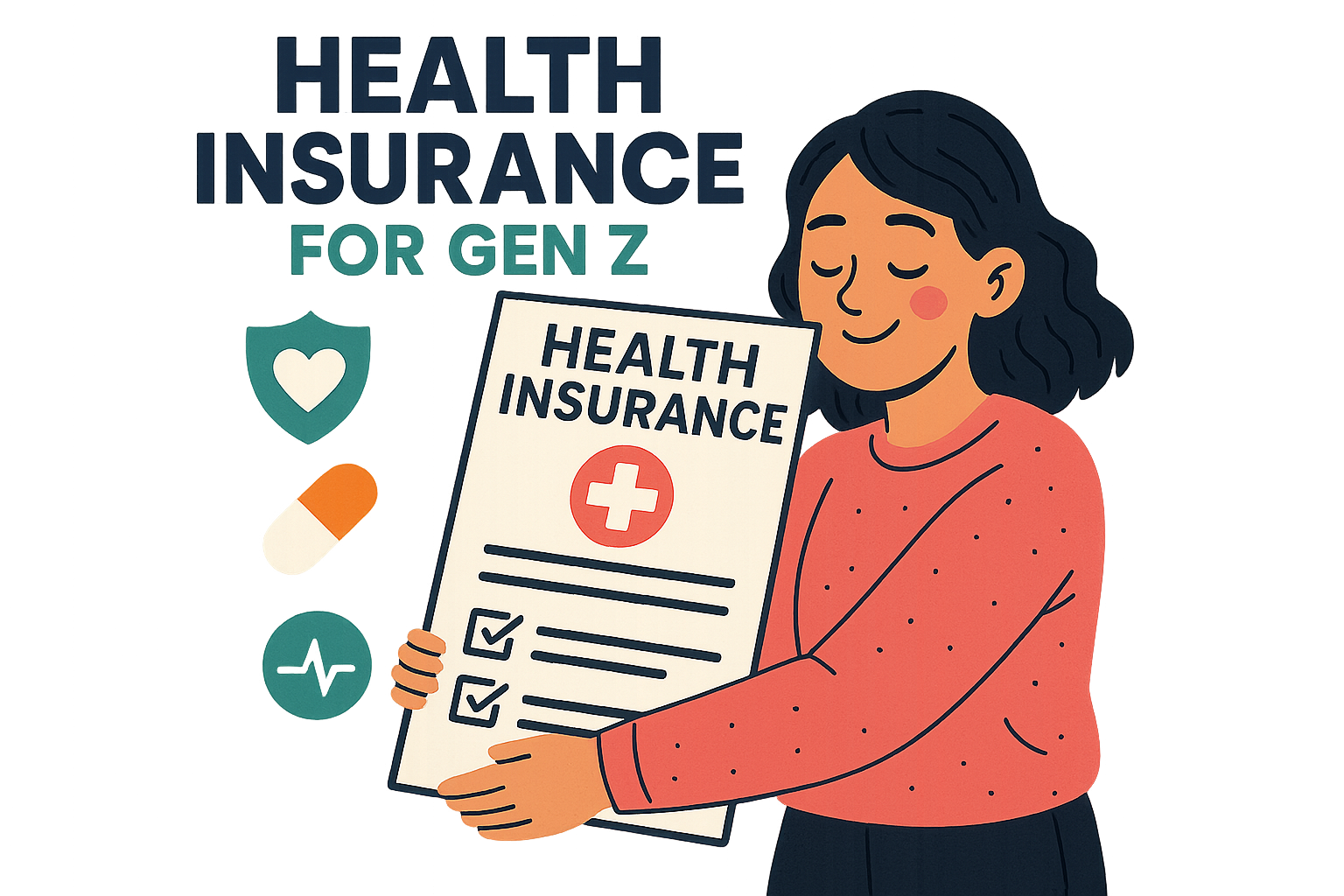
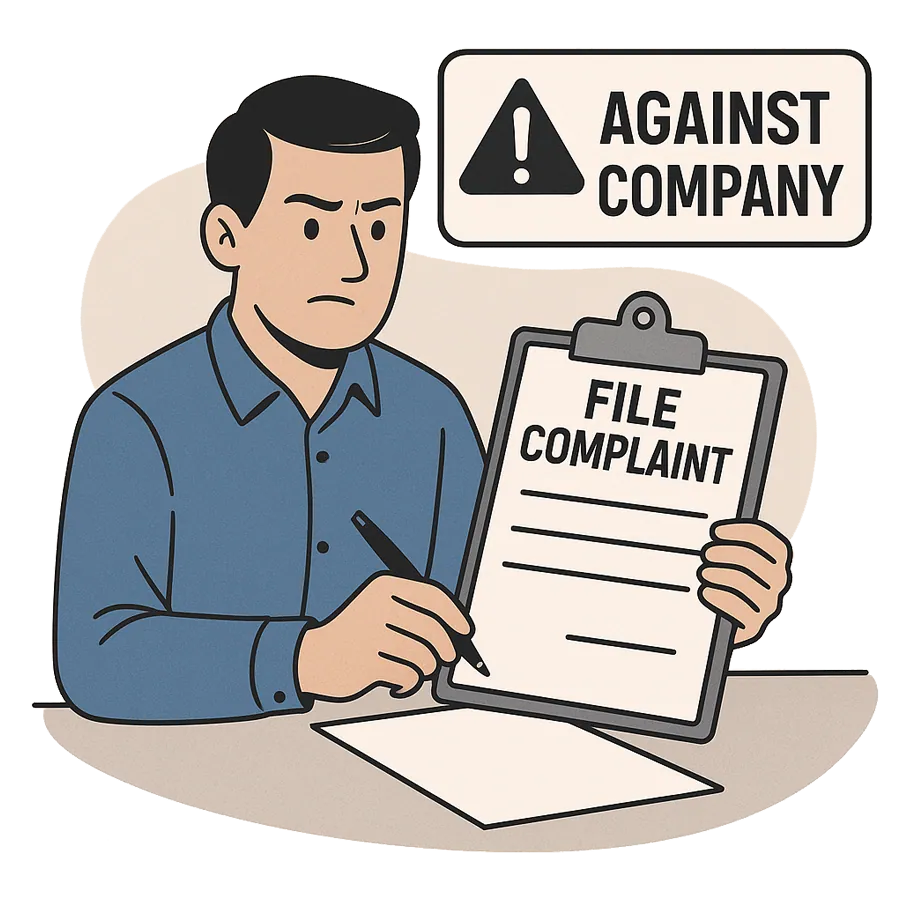




Do you have any thoughts you’d like to share?